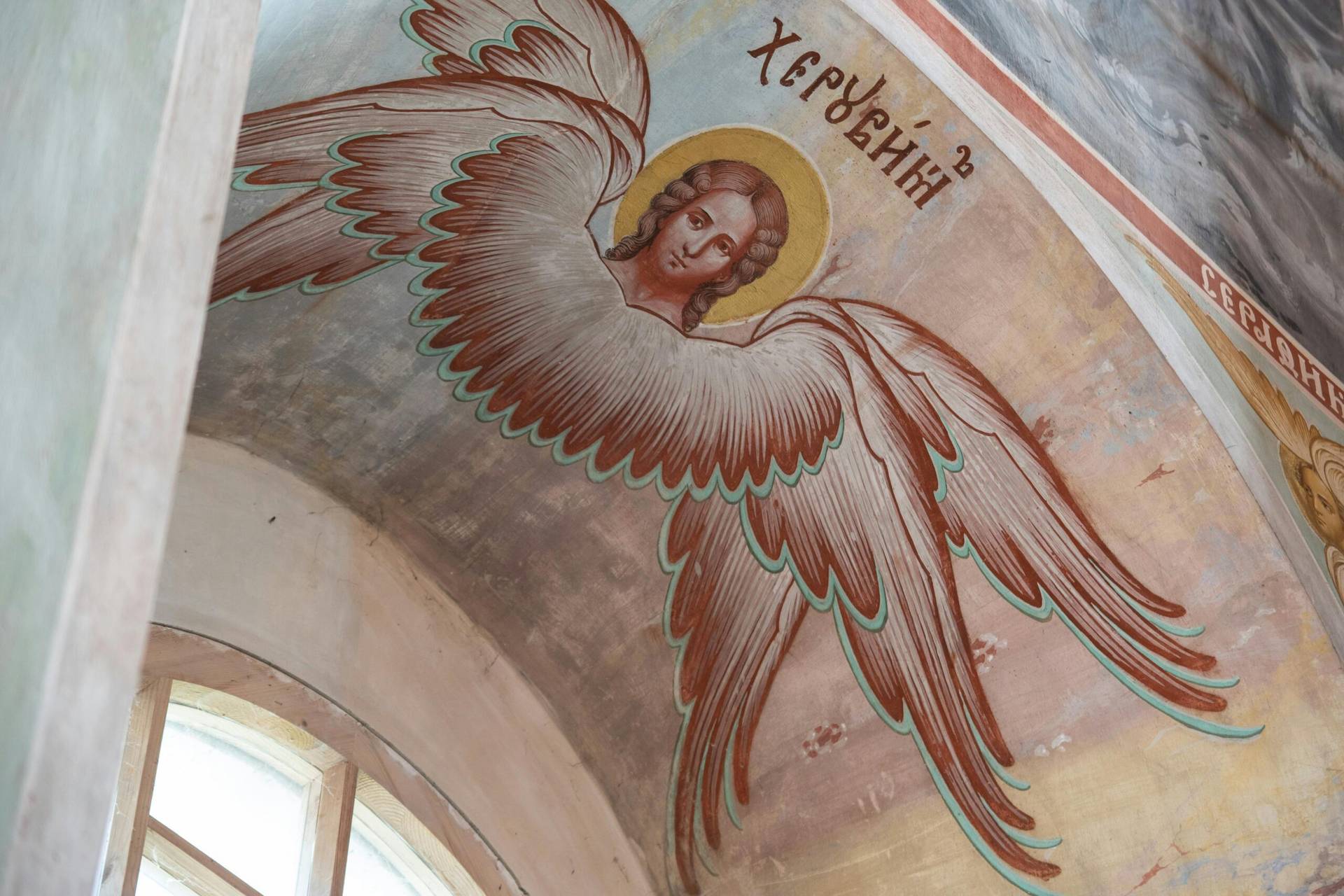In this Sunday’s readings from the Sacred Scriptures, we hear the familiar story from the Book of Exodus on the grumblings of God’s people in the desert. The account helps us to understand the Lord’s teachings in our Gospel today. The manna of the desert points us to the Eucharist, the Bread of Life.
In Exodus, we hear how God ransomed his people from across the waters of the Red Sea, and how the Israelites began to breathe the fresh air of freedom for the first time in centuries. After the initial joy and festivities of such a feat, the Israelites began to worry about their sustenance. No longer in Egypt, who was going to provide them with provisions? How were they going to eat?
Even though they had just been freed from captivity by magnificent display, they began to complain, even going so far as saying: “Would that we had died by the hand of the Lord in the land of Egypt . . . for you have brought us out into this wilderness to kill this whole assembly with hunger.”
God has just saved them in ways that unquestionably affirm his power and providence, and yet they’re worried about food. They mock his care of them as they engage in nostalgia over their full stomachs – full stomachs which they possessed during a time of slavery.
How did God respond to such ingratitude and irreverence? Did God allow his people to starve? Did he send down fire from the heavens?
There was no fire from heaven in punishment. Quite the opposite. God heard the cry of his people – despite their grumbling and ingratitude – and he tells Moses: “Behold, I will rain bread from heaven for you; and the people shall go out and gather a day’s portion every day.”
God rained down food for his people. Bread in the mornings and quail in the evenings. Consistent with the care he always gave to them, God provided for his people.
In the account, we see God’s miraculous and creative actions toward us. No one could have expected bread from heaven. And yet, the ways and means of God’s goodness are beyond our own powers of thought and imagination.
Throughout Israel’s time in the desert, the manna continued to feed them. It gave them the necessary nutrition and strength to live and thrive.
As God creatively and unexpectedly provided for ancient Israel, so he desires to care and provide for us. He wants us to trust him. In our interaction with him, we can express our sorrow, nostalgia, fear, and self-pity. We can even give voice to our ingratitude and anxiety.
We are invited to speak openly about whatever is in our hearts because we are conversing with our heavenly Father who loves us. He knows our hearts and will convert them. He knows our fears and he will heal them. He knows our needs and he will provide for us. This is the witness given to us in salvation history.
This witness is needed as we approach today’s Gospel Reading. This portion of the Gospel is a part of what our biblical tradition calls, “The Bread of Life Discourse.” Since Saint John does not have an explicit account of the institution of the Eucharist in his gospel, and so this discourse is believed to be his teaching version of the event. By recording the Lord’s teachings on what the Eucharist is and how his followers are to approach so great a gift, he is revealing the importance of what was initiated in the Upper Room.
The discourse begins with an exchange between the Lord Jesus and some members of the crowd. He calls on them to believe in him, but they ask for a sign. In their request, they reference the bread that was given to their ancestors by Moses.
The Lord corrects them and explains that it was not Moses who gave them bread from heaven, but the Father. He adds that the bread of God is that which comes from heaven and gives life to the world. Understandably, the crowd asks for such bread, and the Lord declares: “I am the bread of life.”
And such begins the Bread of Life Discourse, which we will hear over the next several weeks. In the discourse, the Lord is showing us how he is fulfilling what was done in the desert. Once again, God is teaching his people: I will provide.
Follow Father Jeffrey Kirby on Twitter: @fatherkirby















